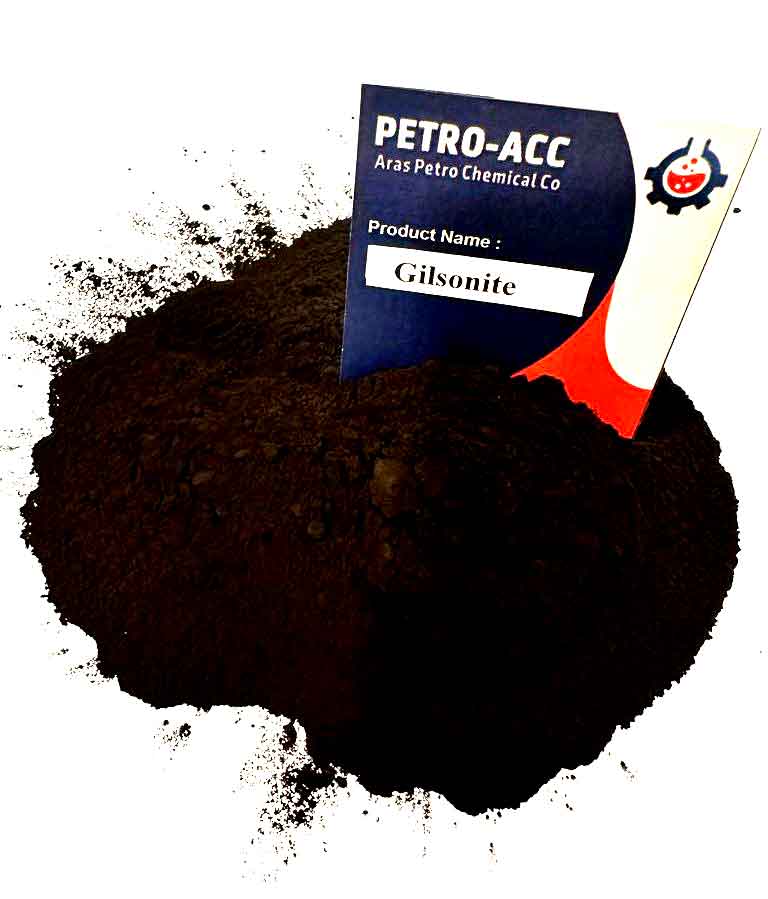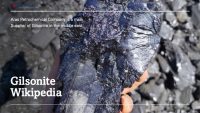Gilsonite powder is a naturally occurring solid hydrocarbon material that is found in various parts of the world. It is classified as a type of asphaltite, which is a mineral that contains a high percentage of bitumen, a viscous and sticky form of petroleum.
Here are some key points about gilsonite powder:
Formation: Gilsonite is formed through the natural evaporation of crude oil deposits over millions of years. It is typically found in association with oil shale and sandstone deposits.
Properties: Gilsonite is characterized by its unique combination of properties. It has a high carbon content, which gives it its black color, and it contains various hydrocarbons and resins. It is relatively hard and brittle and has a high melting point.
Applications: Gilsonite powder has a range of industrial applications due to its unique properties. Some common uses include:
Asphalt and Pavement: It is used as an additive in asphalt and bitumen mixes to improve their durability, elasticity, and resistance to wear and weathering.
Inks and Paints: Gilsonite is used in the formulation of inks, paints, and coatings to enhance their color and provide improved adhesion and gloss.
Foundry Casting: It can be added to foundry sand mixes to improve the surface finish of castings and reduce defects.
Oil Well Drilling: It is used as an additive in drilling fluids to stabilize boreholes and prevent caving.
Carbon Black: Gilsonite is used as a feedstock in the production of carbon black, which is used in the manufacturing of tires, rubber products, and other applications.
Challenges: While Gilsonite offers several advantages, there can be challenges in handling and processing it. Due to its high melting point, it requires specialized equipment for mixing and blending. It can also be prone to dusting during handling.
Extraction: Gilsonite is extracted from mines using traditional mining methods, including drilling, blasting, and excavation. The extracted material is then crushed into powder form for various industrial applications.
Environmental Considerations: Like many natural resources, the extraction and use of gilsonite can have environmental impacts. Mining operations and processing can result in habitat disruption and potential contamination if not managed properly.
Market: The demand for gilsonite powder is influenced by its applications in various industries. Its unique properties make it a valuable additive in several industrial processes.









Leave A Comment